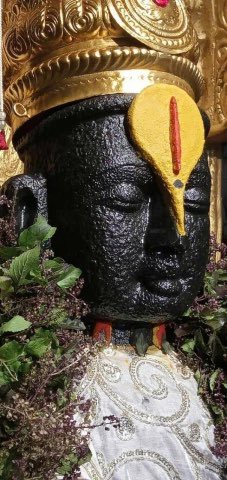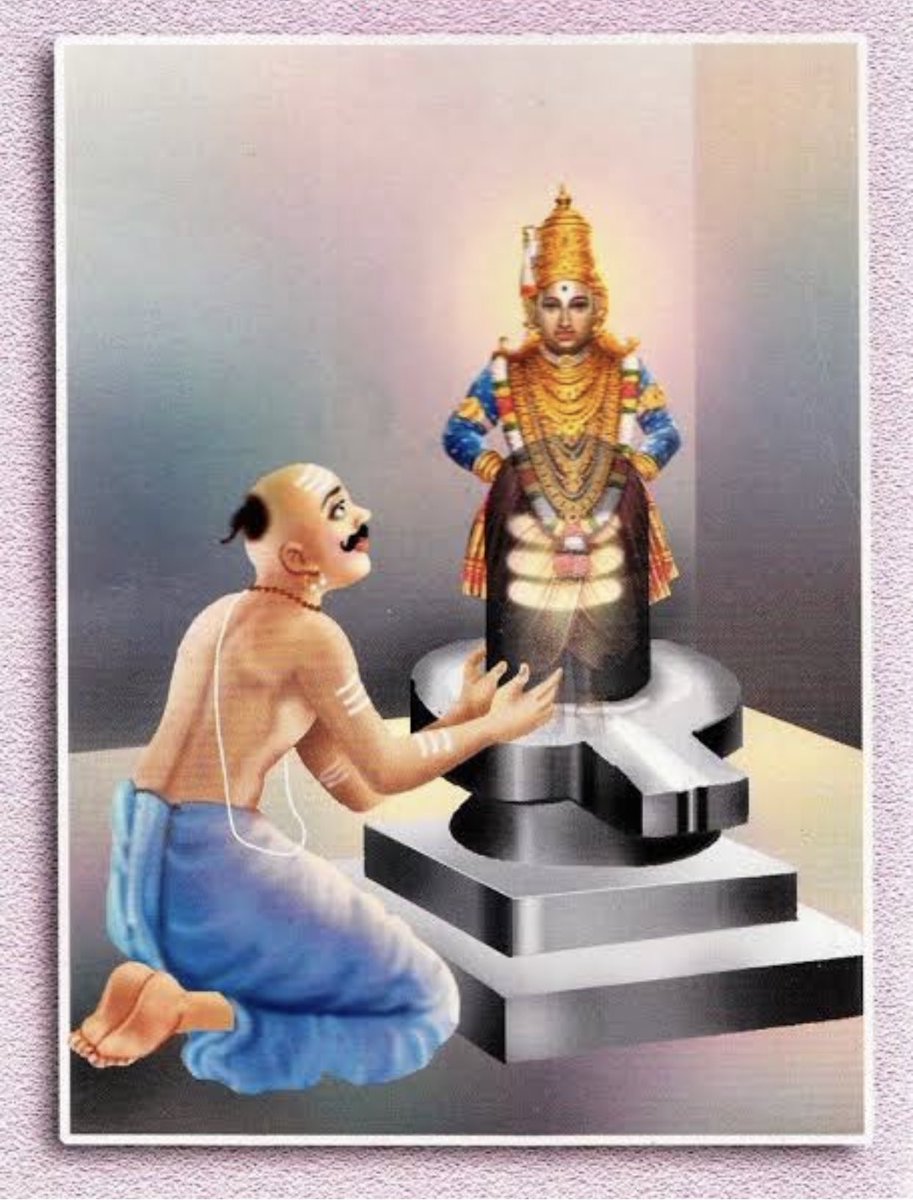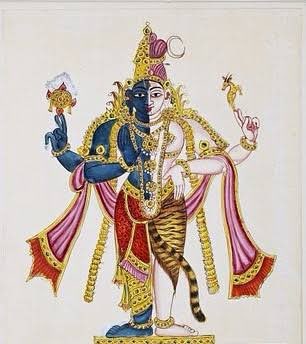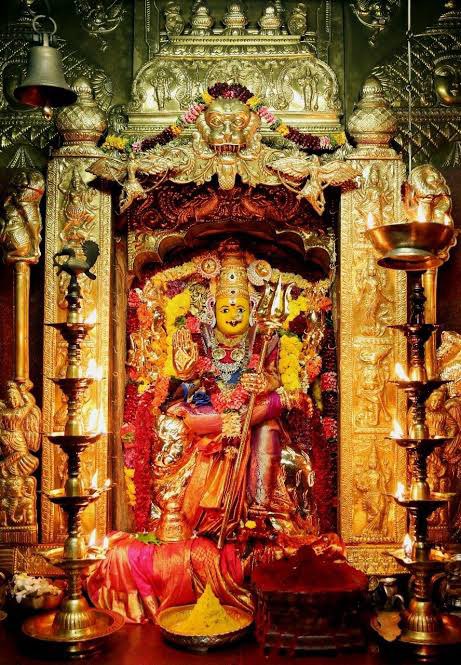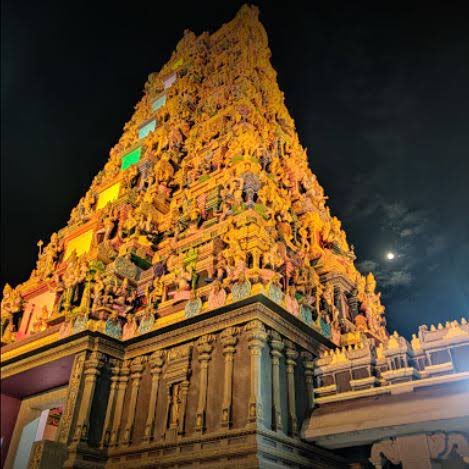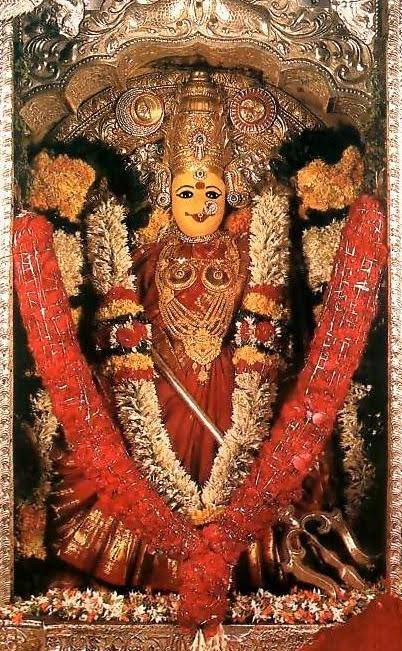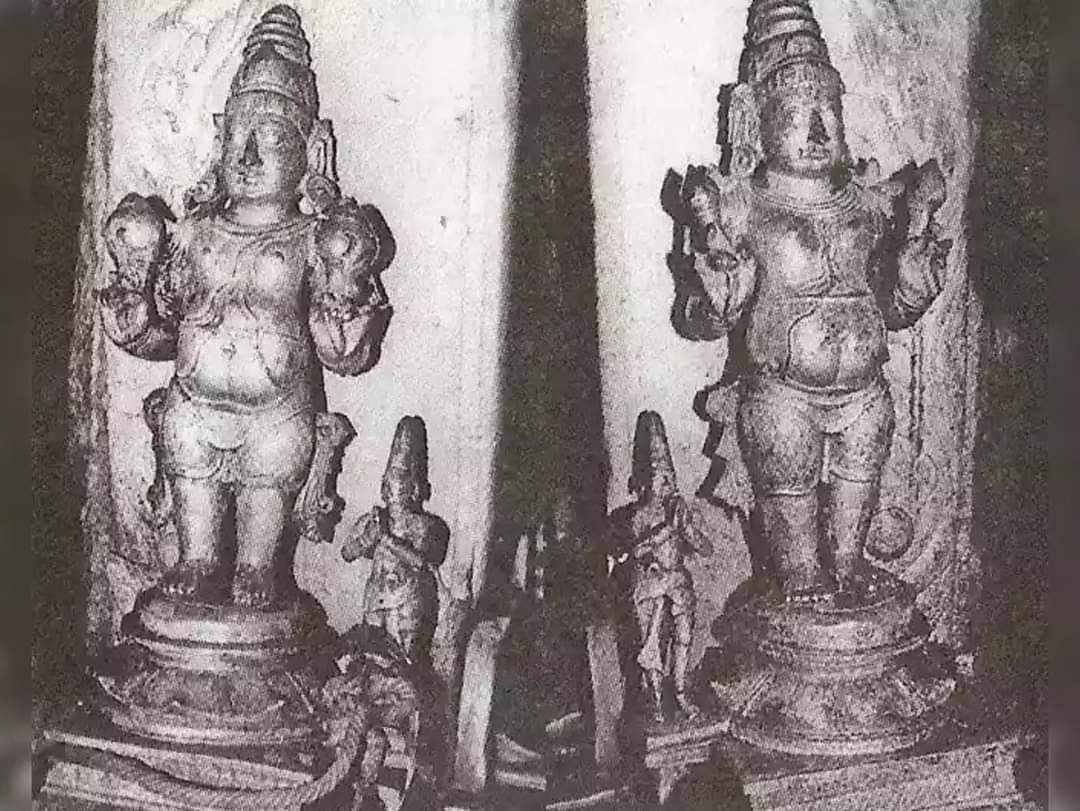The devtas were very scared of Gayasur as he would often trouble them. They were desperate to get rid of him and so they approached Lord Brahma.
Chhath Mahaparva: Why in Bihar?
During the Vedic period, a demon called ‘Gayasur’ lived in ‘Keekat Pradesh’, a vast area spanning most of central India. He was an ardent devotee of Lord Vishnu. Gayasur was massive in size too. It is said that when he lay on the ground,
The devtas were very scared of Gayasur as he would often trouble them. They were desperate to get rid of him and so they approached Lord Brahma.
The devtas then went to Lord Vishnu but He, too, was very reluctant to end the life of His most ardent devotee. The devtas suggested to Vishnu
Lord Vishnu reluctantly agreed and approached Gayasur, who realised that the performance of the yagna – that too in Vishnu’s name – would lead to his
Lord Vishnu, in turn, blessed Gayasur that his name would never ever be forgotten. Vishnu ordained that the place where a yagna was to be performed on Gayasur's heart – that is,
Now, the devtas started searching for priests who had to be great worshippers of Lord
These priests were great worshippers of Surya (Sun God) and were also known as ‘Maga Brahmins’
Seven such Sun-worshipping priests were, therefore, brought to the
Following in the footsteps of the Maga Brahmins, the inhabitants of Magadh also began the formal worship of Sun God.
The worship was rather simple and could be performed by common people. Although it required extreme
The origin of Chhath,
During Chhath, ‘Usha’ and ‘Pratyusha’ are also worshipped along with Surya. Usha refers to dawn or the first light of the day.
More from All
You May Also Like
This is a pretty valiant attempt to defend the "Feminist Glaciology" article, which says conventional wisdom is wrong, and this is a solid piece of scholarship. I'll beg to differ, because I think Jeffery, here, is confusing scholarship with "saying things that seem right".
The article is, at heart, deeply weird, even essentialist. Here, for example, is the claim that proposing climate engineering is a "man" thing. Also a "man" thing: attempting to get distance from a topic, approaching it in a disinterested fashion.

Also a "man" thing—physical courage. (I guess, not quite: physical courage "co-constitutes" masculinist glaciology along with nationalism and colonialism.)

There's criticism of a New York Times article that talks about glaciology adventures, which makes a similar point.

At the heart of this chunk is the claim that glaciology excludes women because of a narrative of scientific objectivity and physical adventure. This is a strong claim! It's not enough to say, hey, sure, sounds good. Is it true?
Imagine for a moment the most obscurantist, jargon-filled, po-mo article the politically correct academy might produce. Pure SJW nonsense. Got it? Chances are you're imagining something like the infamous "Feminist Glaciology" article from a few years back.https://t.co/NRaWNREBvR pic.twitter.com/qtSFBYY80S
— Jeffrey Sachs (@JeffreyASachs) October 13, 2018
The article is, at heart, deeply weird, even essentialist. Here, for example, is the claim that proposing climate engineering is a "man" thing. Also a "man" thing: attempting to get distance from a topic, approaching it in a disinterested fashion.

Also a "man" thing—physical courage. (I guess, not quite: physical courage "co-constitutes" masculinist glaciology along with nationalism and colonialism.)

There's criticism of a New York Times article that talks about glaciology adventures, which makes a similar point.

At the heart of this chunk is the claim that glaciology excludes women because of a narrative of scientific objectivity and physical adventure. This is a strong claim! It's not enough to say, hey, sure, sounds good. Is it true?
1/Politics thread time.
To me, the most important aspect of the 2018 midterms wasn't even about partisan control, but about democracy and voting rights. That's the real battle.
2/The good news: It's now an issue that everyone's talking about, and that everyone cares about.
3/More good news: Florida's proposition to give felons voting rights won. But it didn't just win - it won with substantial support from Republican voters.
That suggests there is still SOME grassroots support for democracy that transcends
4/Yet more good news: Michigan made it easier to vote. Again, by plebiscite, showing broad support for voting rights as an
5/OK, now the bad news.
We seem to have accepted electoral dysfunction in Florida as a permanent thing. The 2000 election has never really
To me, the most important aspect of the 2018 midterms wasn't even about partisan control, but about democracy and voting rights. That's the real battle.
2/The good news: It's now an issue that everyone's talking about, and that everyone cares about.
3/More good news: Florida's proposition to give felons voting rights won. But it didn't just win - it won with substantial support from Republican voters.
That suggests there is still SOME grassroots support for democracy that transcends
4/Yet more good news: Michigan made it easier to vote. Again, by plebiscite, showing broad support for voting rights as an
5/OK, now the bad news.
We seem to have accepted electoral dysfunction in Florida as a permanent thing. The 2000 election has never really
Bad ballot design led to a lot of undervotes for Bill Nelson in Broward Co., possibly even enough to cost him his Senate seat. They do appear to be real undervotes, though, instead of tabulation errors. He doesn't really seem to have a path to victory. https://t.co/utUhY2KTaR
— Nate Silver (@NateSilver538) November 16, 2018








